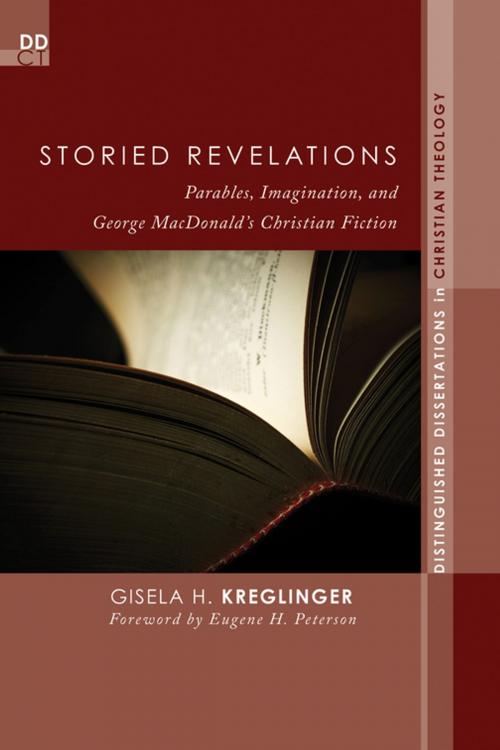Storied Revelations
Parables, Imagination, and George MacDonald’s Christian Fiction
Nonfiction, Religion & Spirituality| Author: | Gisela H. Kreglinger | ISBN: | 9781621898610 |
| Publisher: | Wipf and Stock Publishers | Publication: | August 28, 2013 |
| Imprint: | Pickwick Publications | Language: | English |
| Author: | Gisela H. Kreglinger |
| ISBN: | 9781621898610 |
| Publisher: | Wipf and Stock Publishers |
| Publication: | August 28, 2013 |
| Imprint: | Pickwick Publications |
| Language: | English |
Parables--used by Jesus to reveal to us the kingdom of God, used to move us from being bystanders to active recipients of God's work of revelation--are constantly at risk of being buried as mummies of prose, as George MacDonald puts it. We become so familiar with the language of Scripture that Jesus' parables no longer work on us in this revelatory and transforming way. George MacDonald, the Victorian poet and theologian, observed this very process at work in Victorian society. It was a culture saturated with Christian jargon but often devoid of a profound understanding of the gospel for its own time and culture. The language of Scripture no longer penetrated people's hearts, imaginations, and attitudes; it no longer transformed people's lives. MacDonald, called to be a pastor, turned to story and more specifically the parabolic as a means of spiritual awakening. He created fictive worlds in which the language of Jesus would find a new home and regain its revelatory power for his particular Victorian audience.
Parables--used by Jesus to reveal to us the kingdom of God, used to move us from being bystanders to active recipients of God's work of revelation--are constantly at risk of being buried as mummies of prose, as George MacDonald puts it. We become so familiar with the language of Scripture that Jesus' parables no longer work on us in this revelatory and transforming way. George MacDonald, the Victorian poet and theologian, observed this very process at work in Victorian society. It was a culture saturated with Christian jargon but often devoid of a profound understanding of the gospel for its own time and culture. The language of Scripture no longer penetrated people's hearts, imaginations, and attitudes; it no longer transformed people's lives. MacDonald, called to be a pastor, turned to story and more specifically the parabolic as a means of spiritual awakening. He created fictive worlds in which the language of Jesus would find a new home and regain its revelatory power for his particular Victorian audience.















